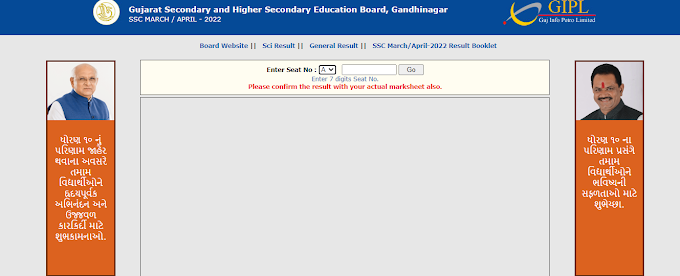VADH GHAT CAMP BABAT 2020
A Teacher is responsible for preparing lesson plans and educating students at all levels. Their duties include assigning homework, grading tests, and documenting progress. Teachers must be able to instruct in a variety of subjects and reach students with engaging lesson plans.
The word teach is unhelpfully ambiguous. It can refer to our all-encompassing job as educator in the broadest sense (we are all teachers). It can refer to different kinds of approaches (teach by questioning, teach by telling). And it can imply a range of purposes (inform, expand awareness, develop performance ability). It can even refer to isolated teacher behavior, irrespective of the results, as in the old joke, “I taught them, but they didn't learn.” So how should we best clarify the job of the teacher?
Backward design suggests one answer. The teacher's role, behavior, and strategies must stem deliberately from established mission and goals, the curriculum, and agreed-upon learning principles. In other words, the particular approaches, methods, and resources employed are not primarily subjective “choices” or mere matters of style. They logically derive from the desired student accomplishments and our profession's understanding of the learning process. We teach to cause a result. Teaching is successful only if we cause learning related to purpose.
More specifically, we can distinguish mandatory from optional teacher roles and approaches by recalling the categorization of intellectual goals mentioned in Chapter 1 (academic excellence, understandings, key competence, habits of mind, mature conduct). Mortimer Adler, in The Paideia Proposal (1982), presents us with three broad categories of instructional roles for teachers related to these intellectual goals: (1) didactic (or direct) instruction, (2) facilitation of understanding and related habits of mind, and (3) coaching of performance (skill and transfer). (See Adler's The Paideia Program [1984] and follow-up volumes for further insight into the rationale for the three categories and how to decide what kind of teaching best suits what kind of objective.)
Didactic/direct instruction. In this role, the teacher's primary goal is to inform the learners through explicit instruction—that is, telling and lecturing, supplemented by textbooks and demonstrations.
Facilitation of understanding. Facilitative teaching seeks to help students “construct” meaning and come to an understanding of important ideas and processes. Teachers in this role guide student inquiries into complex problems, texts, cases, projects, or situations. Their principal methods are questioning, probing, and process-related commentary, with little or no direct instruction.
Coaching performance. Coaching seeks to support the learners' ability to transfer their learning to succeed in complex and autonomous performances. The teacher/coach establishes clear performance goals and then supervises the development of skills and habits through ongoing opportunities to perform, accompanied by specific feedback and modeling.
PRIMARY TEACHERS NA VADH - GHAT BABAT NA VIVIDH JILLAO NA PARIPATRA
NIYAMAK SHREE NO PARIPATRA
JILLAA VAR PARIPATRA JOVA MAATE NICHE MUJAB NA JILLAO PAR CLICK KARO







THANKS FOR FEEDBACK